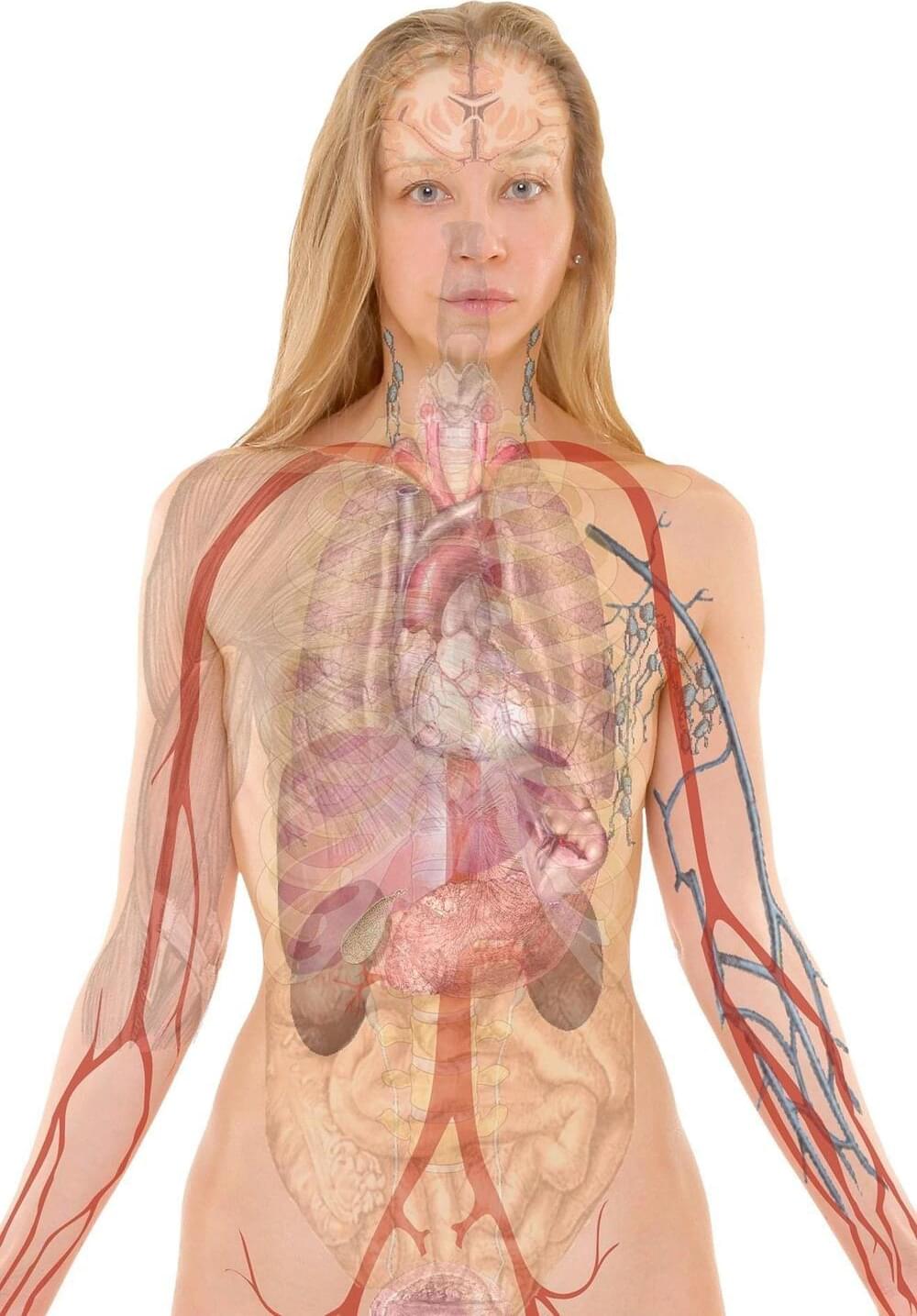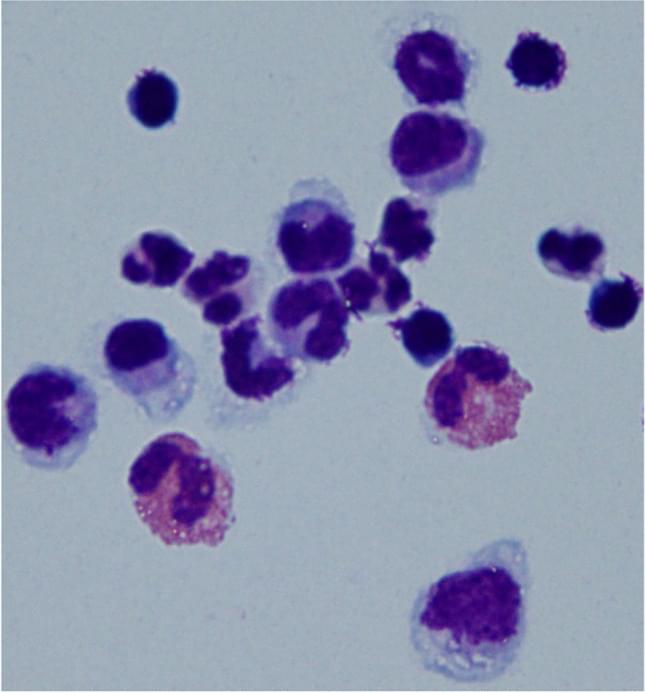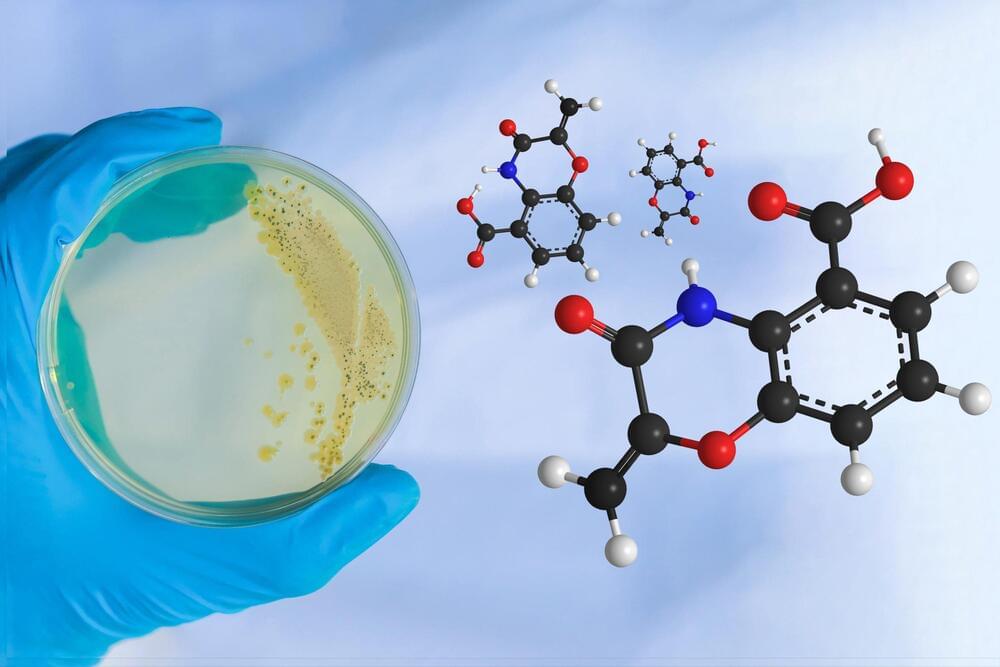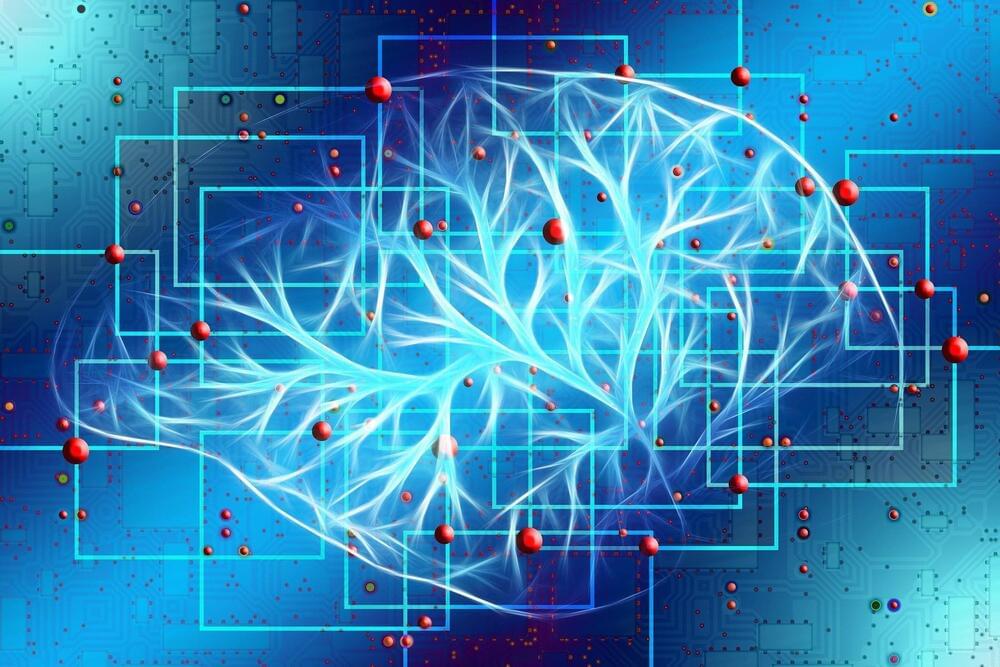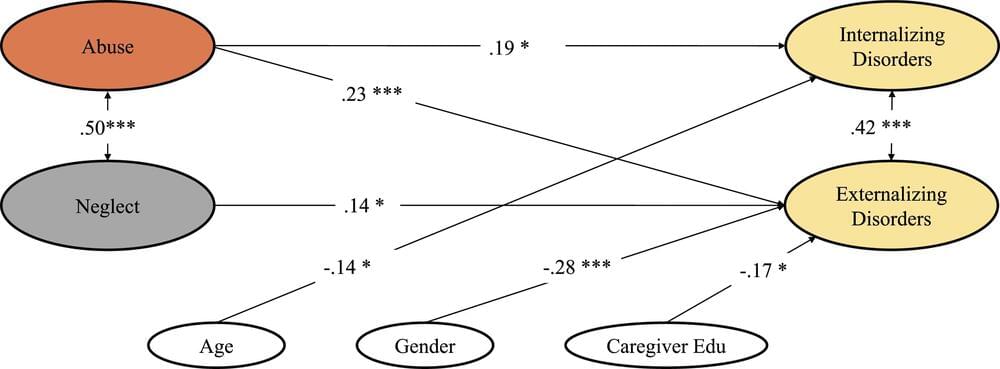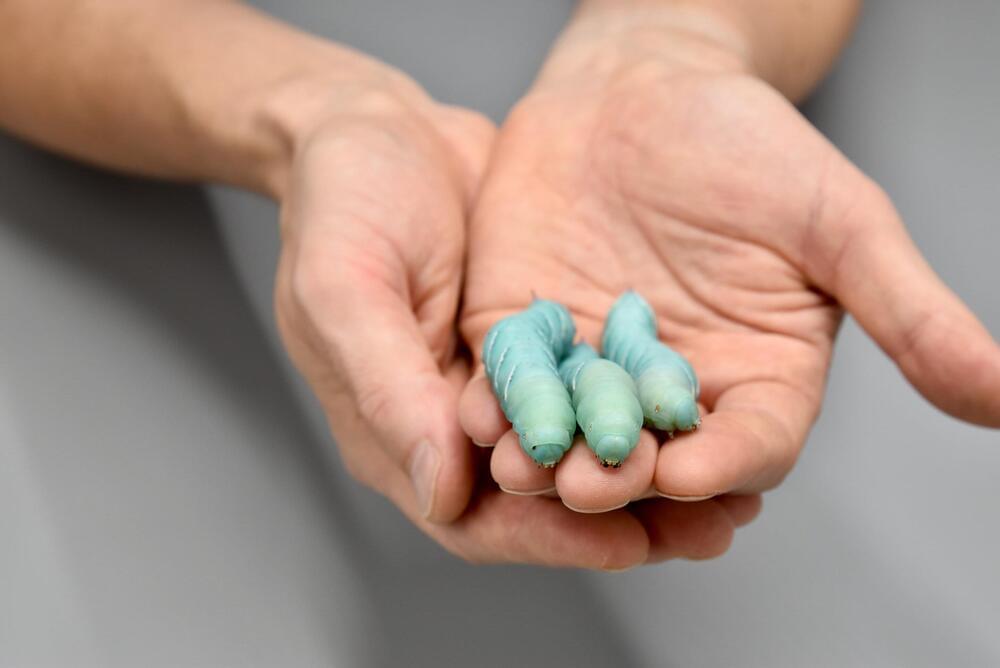Jan 12, 2023
Recent study offers new insight into deadly fungal invasion of the lungs
Posted by Shubham Ghosh Roy in categories: biotech/medical, health
Fungi such as Aspergillus are so common in our surroundings that we breathe in hundreds to thousands of spores every day. In healthy people, fungi typically pose no threat, but they can cause deadly infections in those with compromised immune systems. However, it is increasingly recognized that viral infections such as influenza or SARS-CoV-2 can increase the risk of invasive Aspergillus infections even in healthy people.
The World Health Organization (WHO) has stated that invasive fungal infections are an increasing threat to human health and has reiterated that more research is needed. Until now little was known about how the Aspergillus fungus was able to take root, and what could be done to get rid of it. Researchers at the University of Calgary working with researchers at McGill University have provided new insight on why the immune system fails.
“We discovered that influenza and COVID-19 destroy a previously unknown natural immunity that we need to resist invasive fungal infections,” says Nicole Sarden, a Ph.D. candidate at the University of Calgary and first author on the study.
